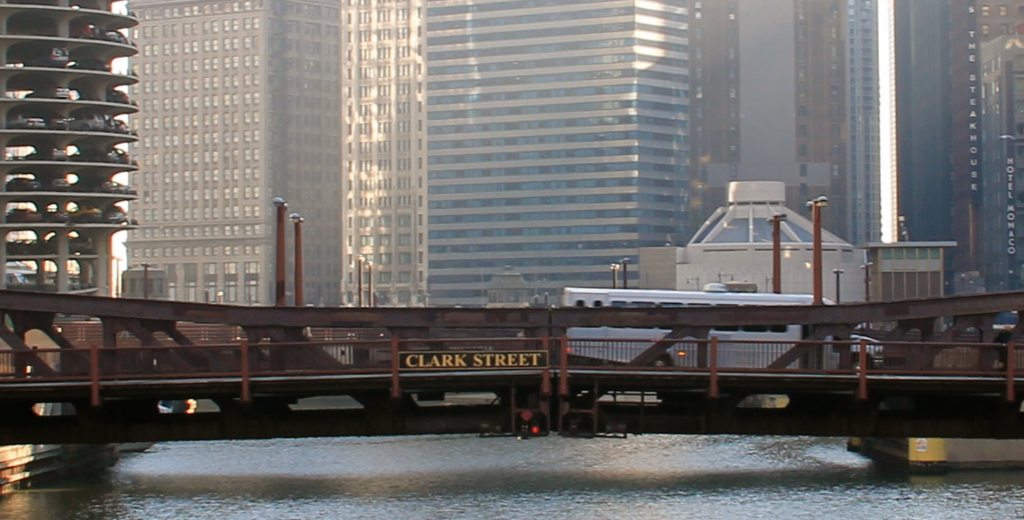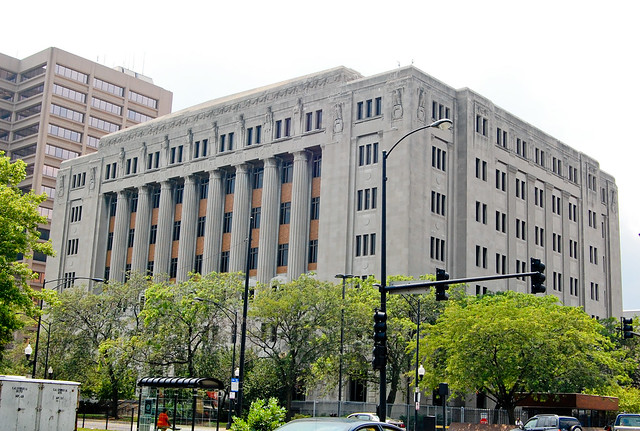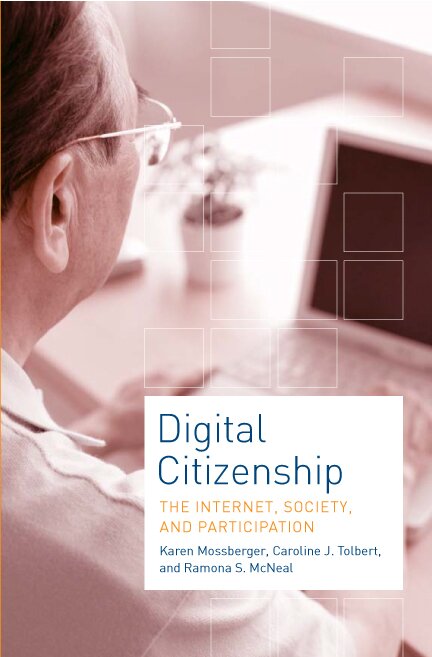Sean Thornton has a great post this morning on the Ash Center at Harvard Kennedy School Data-Smart City Solutions Blog: The Chicago School of Data: Building a Framework for Chicago’s Data Ecosystem. Here’s a snip:
There’s the Chicago school of architecture, made famous by Daniel Burnham and Louis Sullivan. The Chicago school of economics, led by Milton Friedman and other economists, has been a highly influential body of thought for decades. The Chicago school of sociology, meanwhile, led by George Herbert Meade and Jane Addams, ushered in modern urban sociological study.
Of course, these disciplines, styles and approaches have little in common other than being developed in Chicago. They were also all largely developed in the 20th century, and are all alive and well today.
The Chicago School of Data is less of an academic discipline and more of a method for cooperative, data-driven progress united by one key principle—that data, as public good, is one that is at the service of all people, not a select few or special interests. Moreover, that cooperative method doesn’t require its players to be major organizations or government bodies; any resident who uses data or works to improve lives is a part of the Chicago School of Data.
This is the best explication of the phrase I’ve heard yet. Bonus: my pic!




